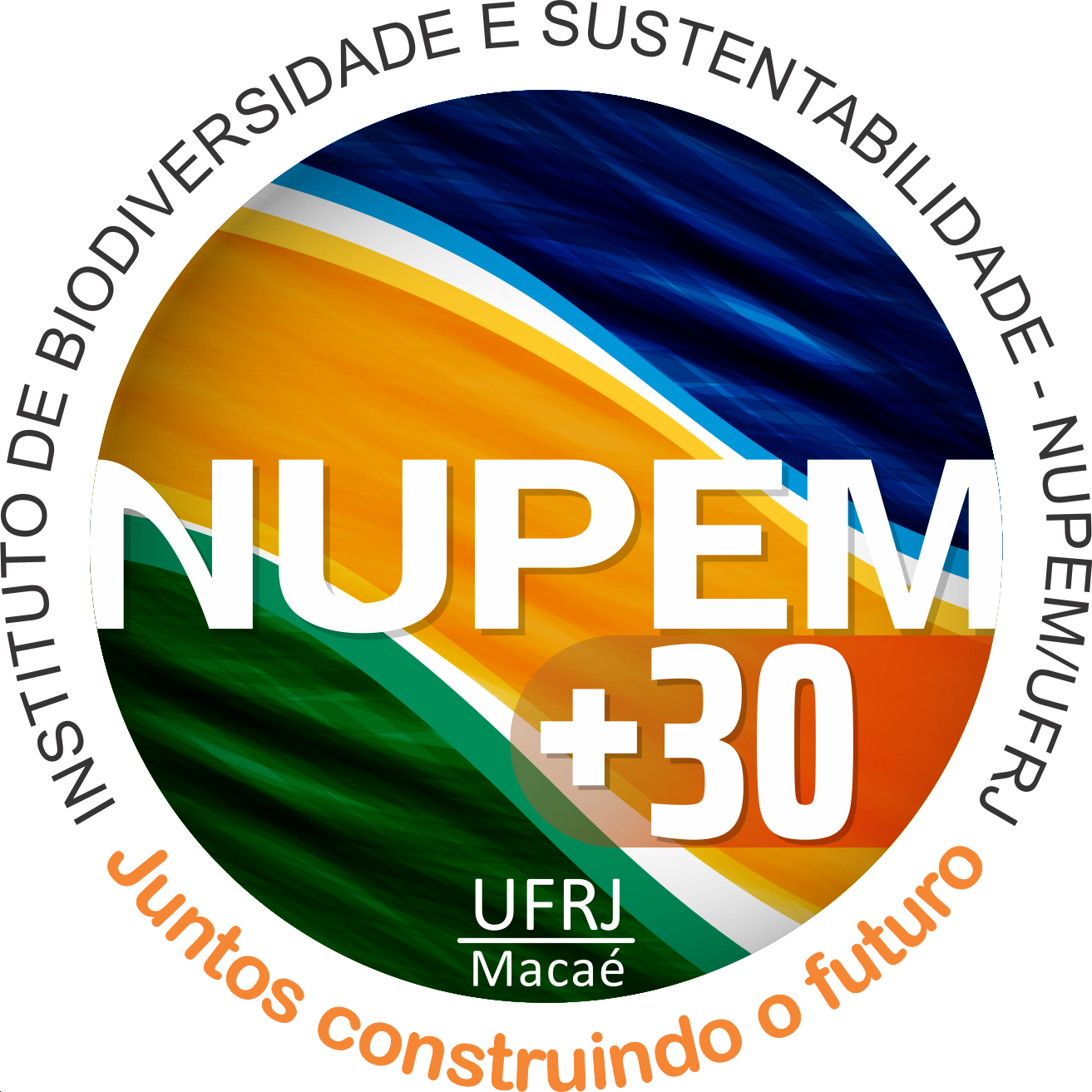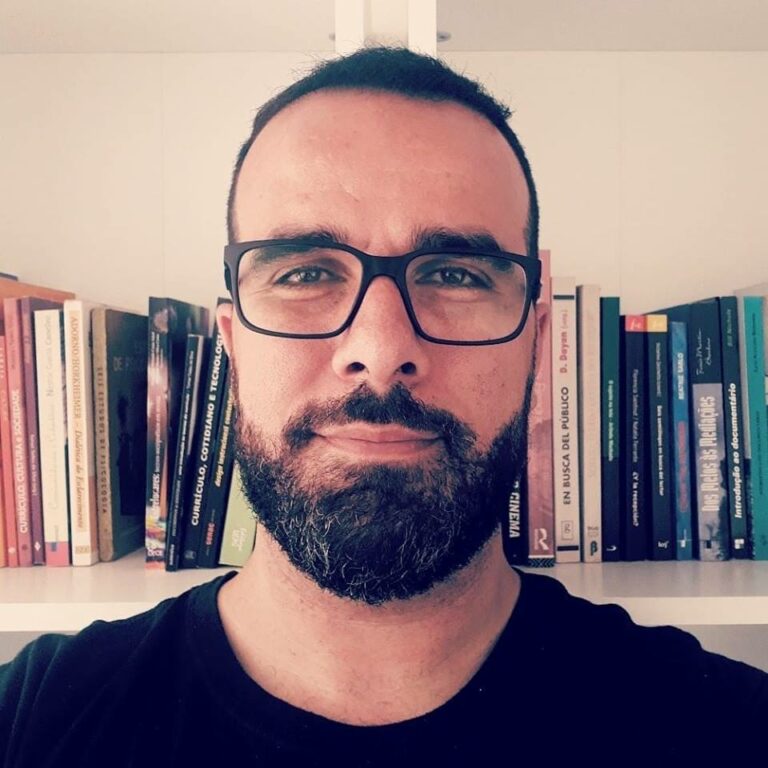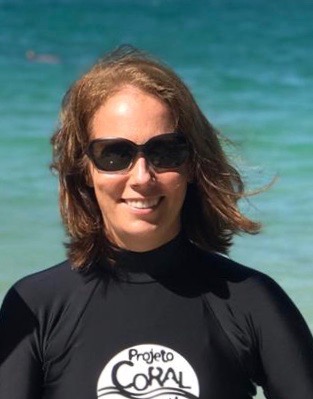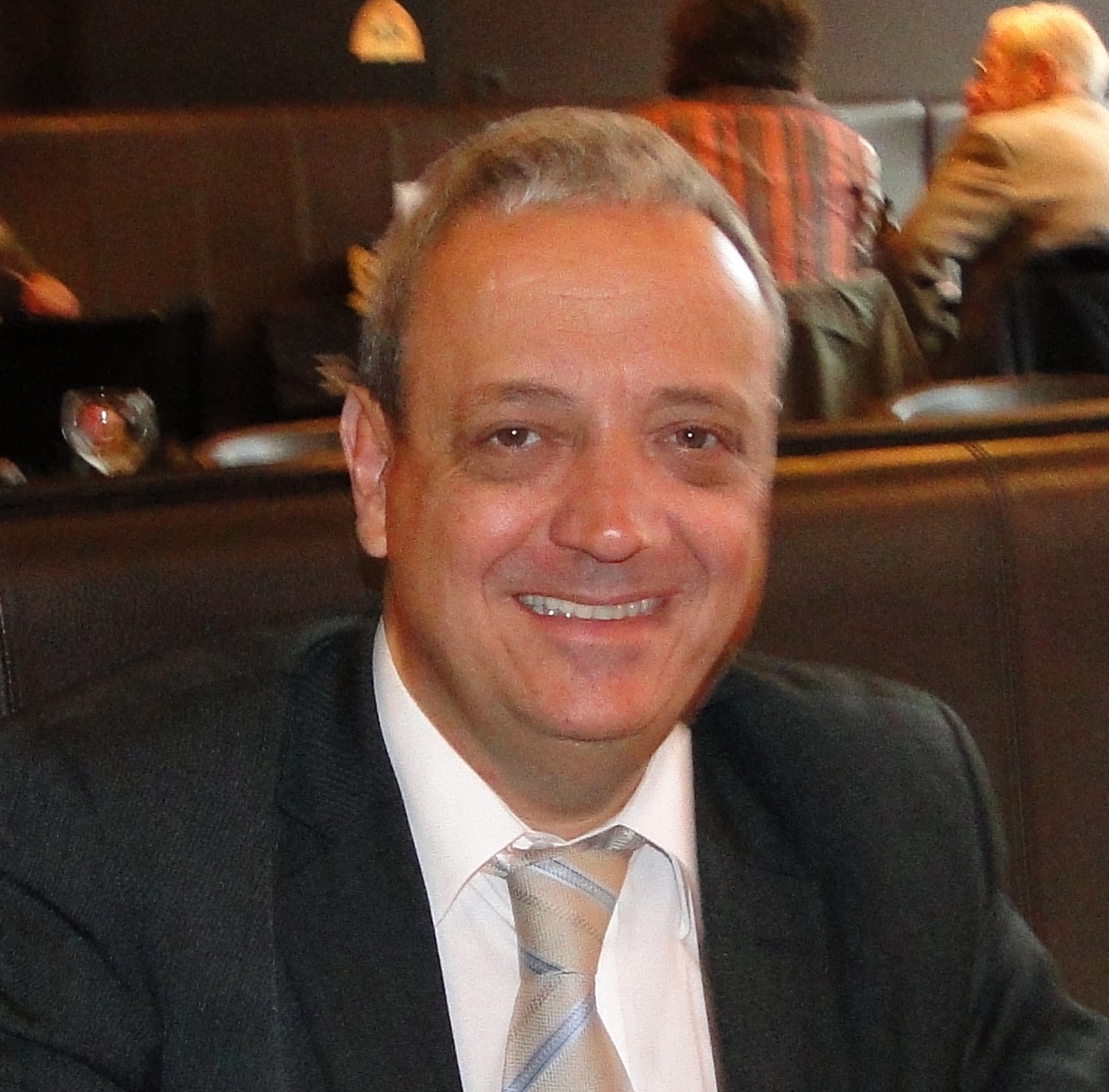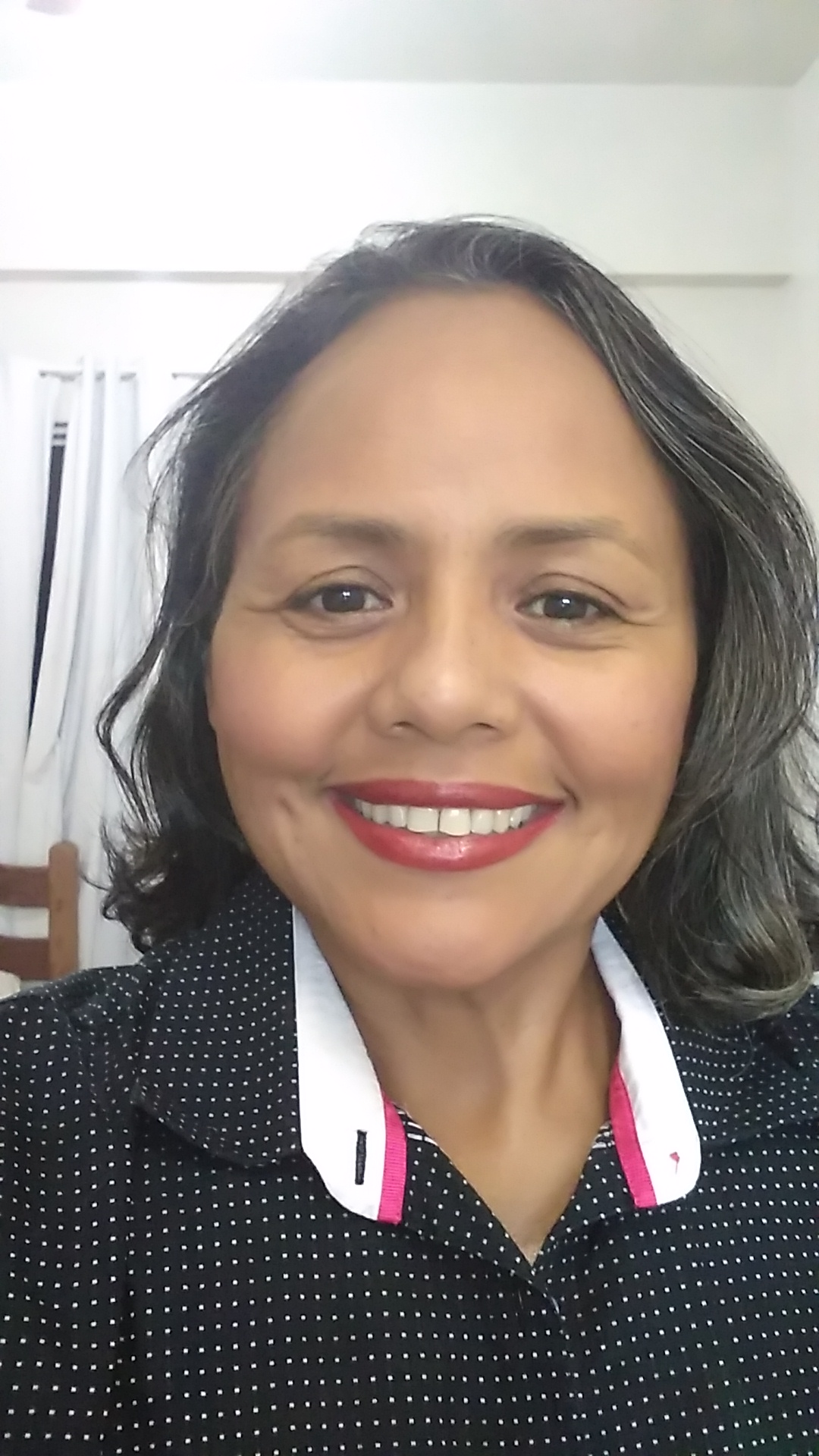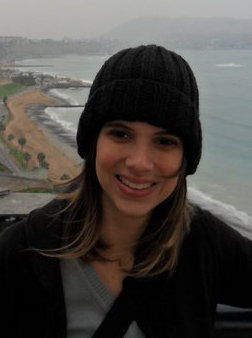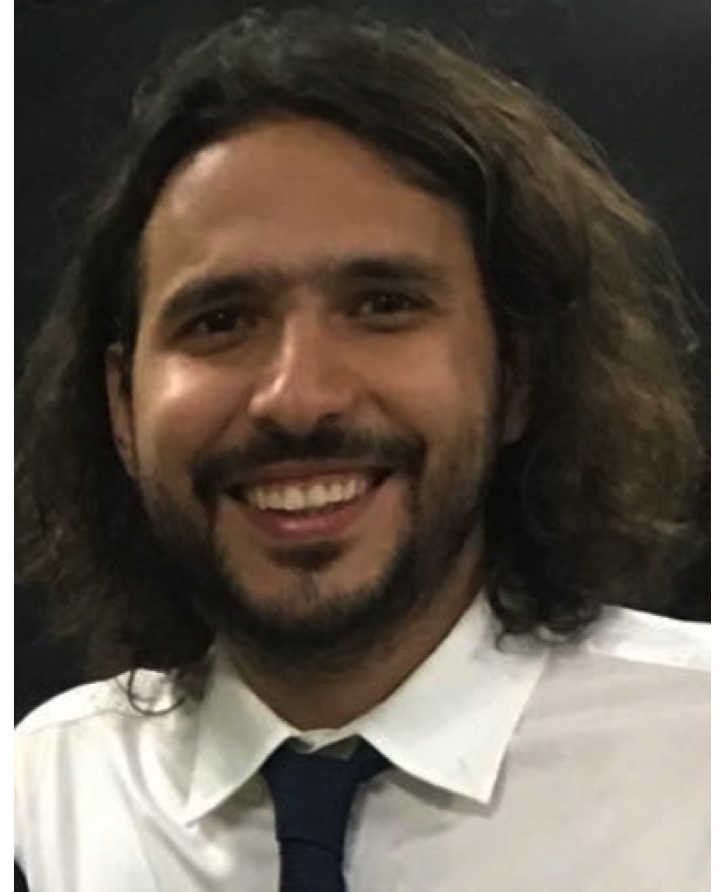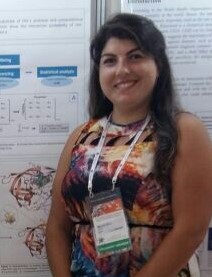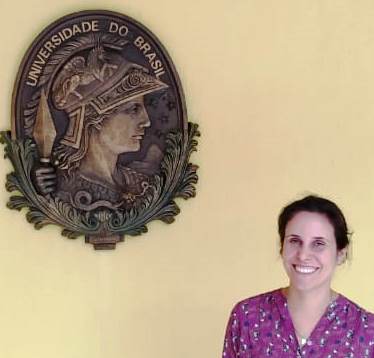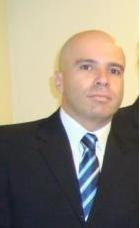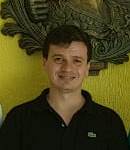INFORMATION FOR FOREIGNERS
Introduction
The Institute of Biodiversity and Sustainability (NUPEM / UFRJ), named until December 5, 2018 as Center for Ecology and Socio-Environmental Development of Macaé (NUPEM / UFRJ) is a multidisciplinary research center of the Federal University of Rio de Janeiro (UFRJ), historically associated with UFRJ’s Institute of Biology. NUPEM/UFRJ aims to stimulate and strengthen UFRJ’s research, teaching, outreach, and technological development activities in the field of Biological Sciences in the different regions of the State of Rio de Janeiro.
The institution is responsible for:
1) Contributing to the improvement of primary and secondary education in these regions through Continuing Education activities and other activities of a technical-scientific nature;
2) Contributing, through logistical and institutional support, to the development of the disciplines of undergraduate, graduate, and postgraduate courses of the Institute of Biology and other units of UFRJ;
3) Extending the benefits of knowledge to society at large in these regions via academic activities disseminating science and services, aiming to contribute in an effective way to the scientific and ecological education of the regions’ populations, an indispensable condition for the development of an ecologically sustainable society.
NUPEM/UFRJ is directly responsible for two undergraduate courses in Biological Sciences (Bachelor’s and Educational License degrees) both of which are well rated by the evaluation conducted by the Brazilian Ministry of Education. We are also responsible for the Graduate Program in Environmental Sciences and Conservation (PPG-CiAC), an interdisciplinary course offering Master’s and Doctoral degrees. NUPEM/UFRJ represents a successful model of multidisciplinary integration, whose history and philosophy guided the construction of the UFRJ-Macaé campus.
Currently, around 400 students from many different undergraduate courses on the UFRJ-Macaé Campus and around 53 professors utilize and develop their activities in the NUPEM / UFRJ facilities. The research these students and educational professionals develop covers all levels of organization, from organic molecules to ecosystems, focusing directly on the biological and systemic diversity of the northern half of the state of Rio de Janeiro.
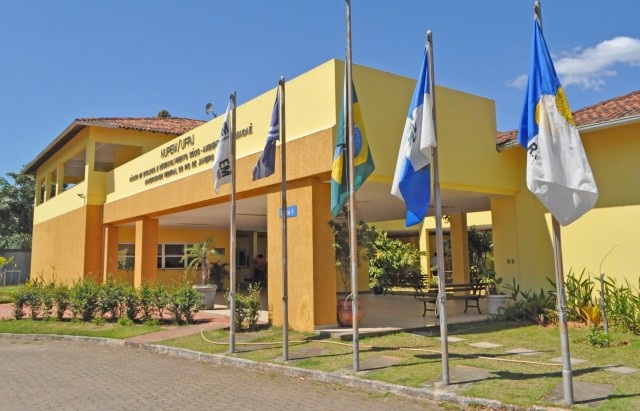
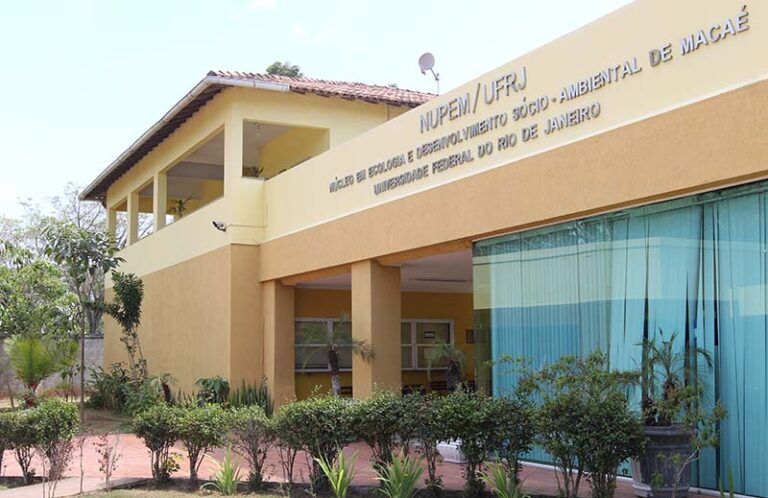
AREAS OF RESEARCH
One of the great challenges of the 21st century is the unification of human knowledge for the solution of problems that significantly transcend traditional disciplinary spheres. Among these problems, the issues related to the conservation and use of natural resources are among the most urgent facing humankind. Their resolution call for a greater dialogue between the different forms of knowledge.
The cities of the Campos Basin dramatically exemplify the challenges of socio-economic and environmental problems arising from the exploitation of natural resources. Approximately 82% of the oil currently produced in Brazil is extracted from this region of the country. On the one hand, there has been a huge contribution of resources to the cities of the region via petroleum royalties and investments made by the oil industry. On the other, intense economic activity has created rampant and disorganized population growth in the region, with concomitant destruction of habitats and misuse of spaces and natural resources. What and how many species have been or will be lost in this process? What environmental resources and services are being harmed by these changes? How can we curb immediate consumerism and motivate conservation of natural resources for following generations?
In this scenario of uncertainties, the Graduate Program in Environmental Sciences and Conservation (PPG-CiAC) emerged as an attempt to understand and resolve the vertiginous human impacts on the natural resources of the northern half of the state of Rio de Janeiro. This is a challenge that requires the integration of distinct disciplines of human knowledge, dealing with biological, physicochemical, and socioeconomic perceptions of biodiversity.
PPG-CiAC intends to form professionals with a solid base in the sciences who are dedicated to the conservation and management of natural resources and who are able to integrate concepts and methods from the different disciplines of Biology, Chemistry, Biochemistry, and Geology in the analysis of environmental issues. PPG-CiAC’s research includes the description and recognition of the rich regional biodiversity, as well as understanding the functioning of natural ecosystems for their management, conservation, and sustainable use. PPG-CiAC students therefore have the opportunity to take a varied set of classes and develop research that incorporates interdisciplinarity as a basic principle for understanding and analyzing complex scientific issues
Ideally, the theoretical bases of conservation and management of natural resources integrate studies that contemplate different levels of organization, pragmatism, and applicability. The two lines of PPG-CiAC research are designed to understand all these levels of complexity, ranging from studies of molecular interactions in organisms to whole ecosystems, including their human and social components.
Biodiversity: structure and recognition
The research line “Biodiversity: structure and recognition” aims to catalogue the biological diversity of the region at the main structural levels of the ecosystem. In this concept, Biodiversity is understood as an integrative term that covers all aspects of biological variation, from the diversity of species and populations to the chemical and molecular diversity that promotes the interaction between organisms in an ecosystem. We thus strive to understand and evaluate the biological, aesthetic, and socioeconomic value of the natural heritage contained in the regional ecosystems that are currently under socio-environmental impacts related, albeit indirectly, to the exploitation of petroleum. This approach to understanding an ecosystem’s structuring levels is multidisciplinary, as it integrates the description and recognition of biodiversity with the identification and characterization of its genetic and chemical resources.
Natural systems: assessment, conservation and socio-environmental development
The research line “Natural Systems: Evaluation, Conservation and Socio-environmental Development” aims to understand the functioning of natural systems as a precondition of their restoration and management, something that is indispensable for achieving social and environmental development in the region. In this line, Ecology therefore plays the role of integrating agent with Geosciences and Environmental Chemistry. In an interdisciplinary and transversal way, this like thus seeks to promote scientific advances that favor socio-environmental development in the north of the state of Rio de Janeiro.
Our Teachers

Alexandre de Azevedo, PhD
Analysis of Class V myosin expression in adult vertebrates and during embryonic development; Embryonic development of neotropical fish; Reproduction and Development of Marine Organisms; Marine Psiculture.
Contact: azevedo.nupem![]() acd.ufrj.br
acd.ufrj.br
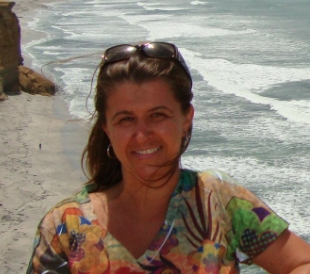
Ana Cristina Petry, PhD
Fish Ecology; Fish Ecology of the Pantanal Matogrossense; Fish ecology in coastal ecosystems; Effects of hydrological connectivity on the dynamics of metacommunities in coastal aquatic ecosystems.
Contact: petryanacristina![]() gmail.com
gmail.com
Lattes

Analy Machado Leite, PhD
Microbial Ecology, Food Technology and Microbiology, working mainly on the following topics: New generation sequencing, Fermented foods, Probiotics, Molecular Biology, Microbial Ecology, Food Microbiology.
Contact: analyleite![]() macae.ufrj.br
macae.ufrj.br

Angélica Ribeiro Soares, PhD
Natural Products Chemistry of Marine and Freshwater Organisms; Assessment of Pharmacological Activity of Natural Products from Water Organisms; Physiological and Ecological Aspects of Natural Products from Water Organisms.
Contact: angelica.r.soares![]() gmail.com
gmail.com
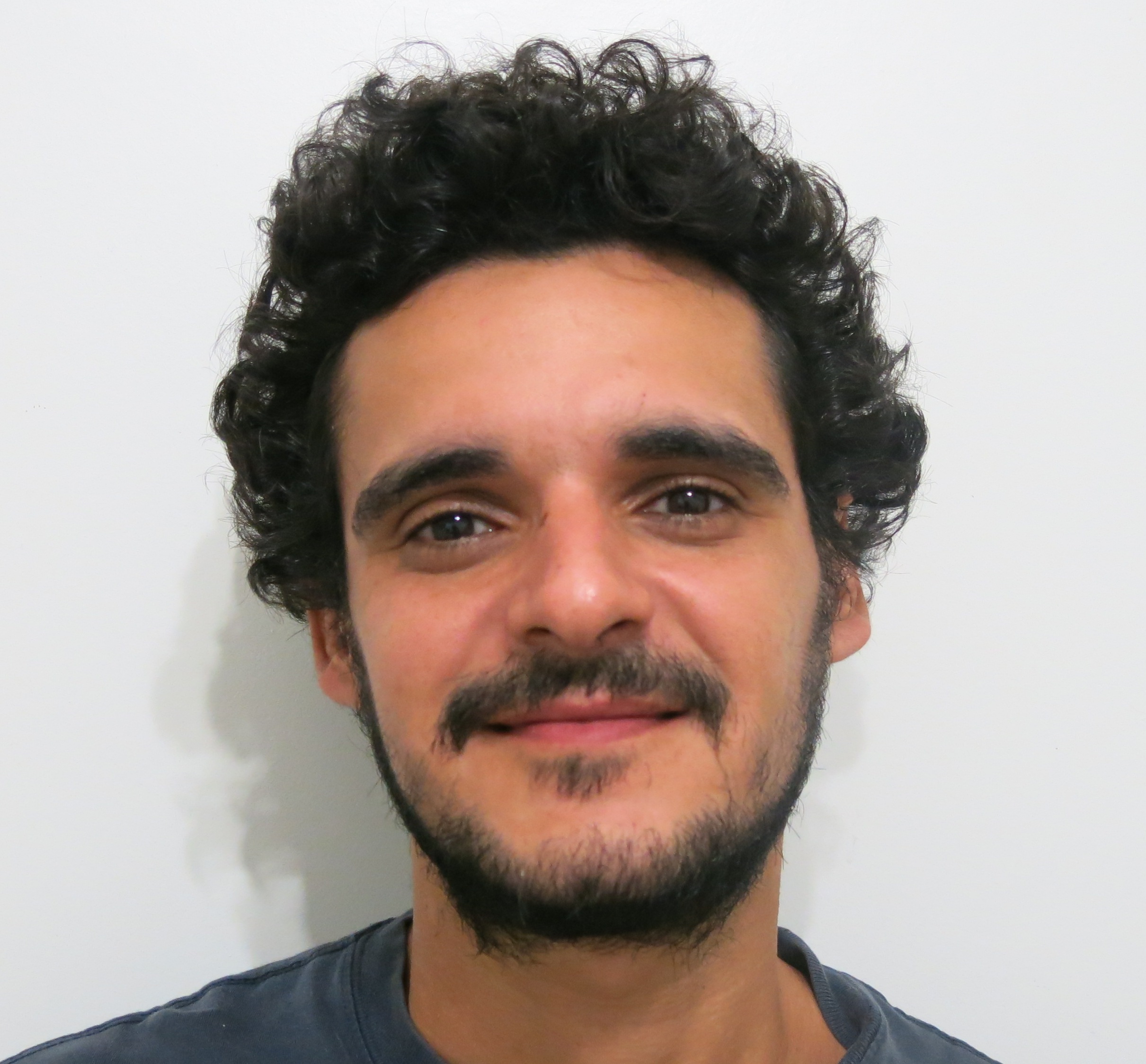
Carlos Alberto de Moura Barboza, PhD
Marine ecology, biostatistics, Ophiuroidea biology (Echinodermata) and evaluation of environmental impacts in coastal ecosystems .
Contact: carlosmbarboza![]() macae.ufrj.br
macae.ufrj.br

Cíntia Monteiro de Barros, PhD
Invertebrate Morphology and carbohydrate biochemistry; comparative aspects of invertebrates’ immune system, neuro immune regulation in ascidias, neuro-regeneration
Contact: cintiabarros![]() macae.ufrj.br
macae.ufrj.br

Daiana Vieira Lopes Alves, PhD
Bone marrow, acute lymphoblastic leukemia, resistance to chemotherapy, bone marrow stromal cells, obesity, innate immune system (macrophages) and pediatric solid tumors, especially Neuroblastoma.
Contact: daianalopes8![]() gmail.com
gmail.com
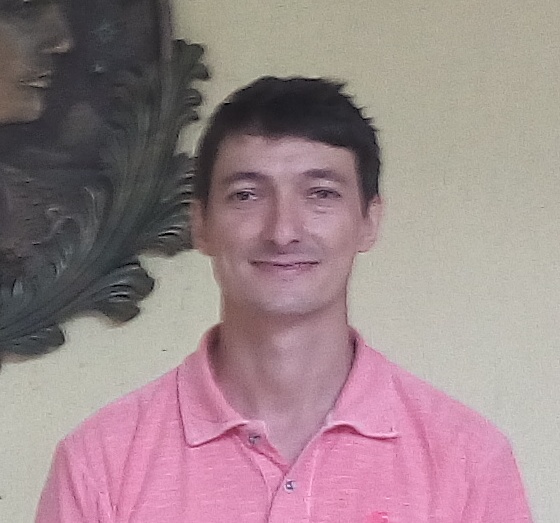
Daniel Basílio Zandonadi, PhD
Biological activity of plant hormones, Biostimulants; Organic production systems; Abiotic stresses; Ecophysiology of mangrove species; Plant growth promoting microorganisms.
Contact: danielzandonadi![]() gmail.com
gmail.com
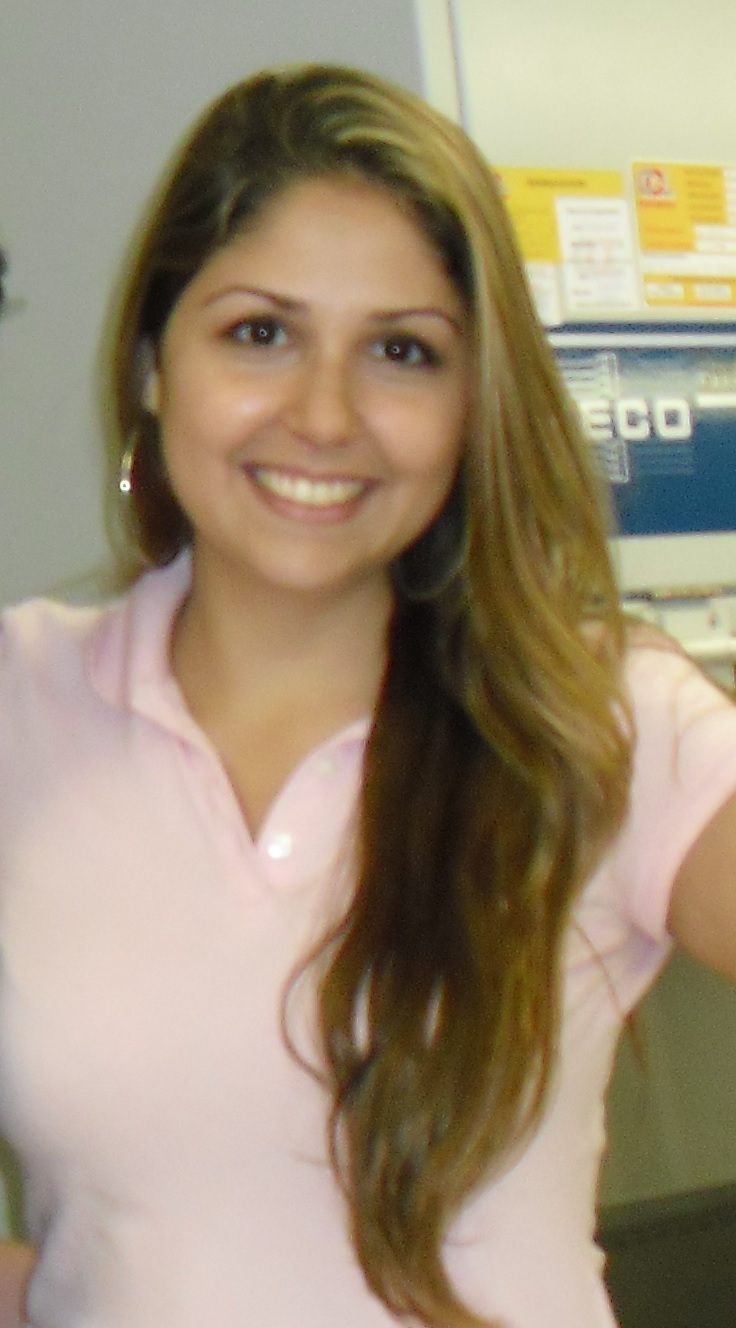
Danielle da Silveira dos Santos, PhD
Biotechnology with emphasis on Industrial Microbiology and Fermentation, development of processes aimed at the production of biofuels, enzymes, biosurfactants, organic acids, waste treatment and industrial effluents.
Contact: dani.usu![]() gmail.com
gmail.com
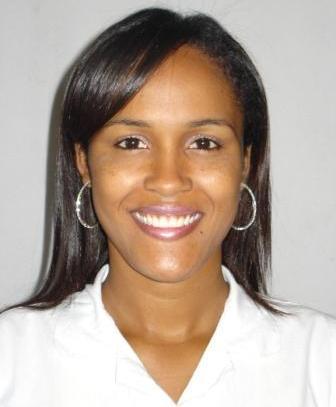
Elane da Silva Ribeiro, PhD
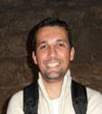
Eldo Campos, PhD
Molecular systems and therapeutic targets, Mitochondrial Bioenergetics in Arthropods.
Contact: eldocampos![]() macae.ufrj.br
macae.ufrj.br
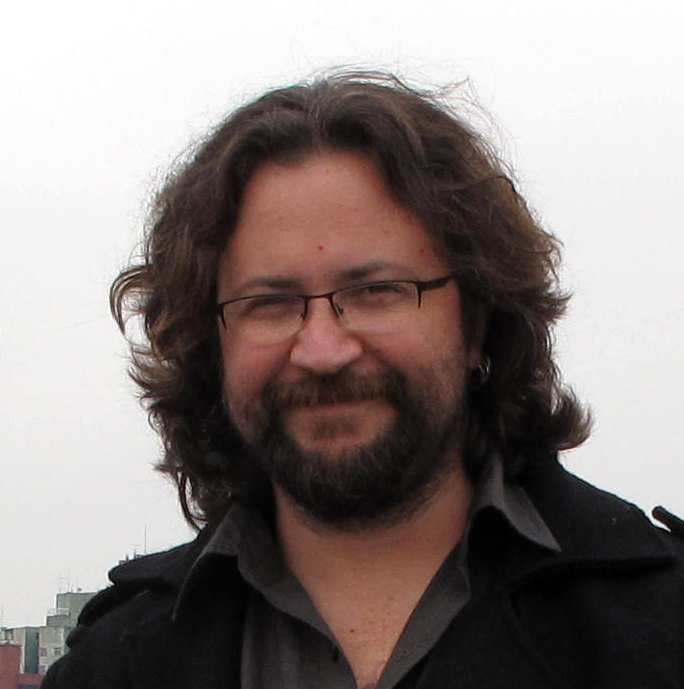
Fabio Di Dario, PhD
Phylogeny of Otocephala (Teleostei), and the monophyly of Ostariophysi and Clupeomorpha. Phylogenetic relationships between the great Clupeomorpha groups and their possible relations with Ostariophysi (Actinopterygii, Teleostei); Phylogenetic Relations in Engrauloidea from the analysis of morphological and molecular data (Teleostei: Clupeomorpha);Phylogeny of Pristigasteroidea (Teleostei, Clupeomorpha); Morphology, ontogeny and biogeography of fish; Systematics of Clupeomorpha; Fish systematics (emphasis on marine groups)
Contact: didario![]() gmail.com
gmail.com
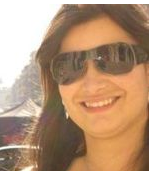
Flávia Borges Mury, PhD
Heme detoxification in the midgut of Rhodnius prolixus; hemozoins, perimicrovilar membranes.
Contact: flaviamury![]() gmail.com
gmail.com
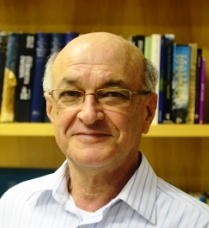
Francisco de Assis Esteves, PhD
Ecology of coastal lagoons, with emphasis on environmental impact assessment and mitigating proposals; Ecological Studies of Lake Batata and Igarapés under influence of Bauxite Mining activities; Ecology of Coastal Ponds
Contact: festeves![]() biologia.ufrj.br
biologia.ufrj.br
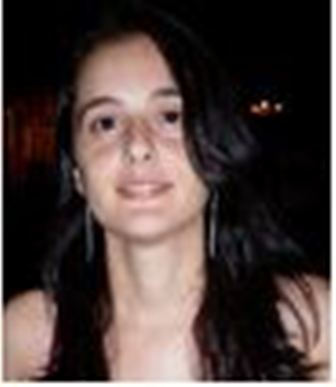
Giuliana Franco Leal, PhD
Society, environment and work; Configurations and reconfigurations of social ties of skilled migrant workers in Macaé (RJ): flexibility and belongings in advanced modernity.
Contact: giulianafrancoleal![]() yahoo.com.br
yahoo.com.br

Glaucia Valente Valadares, PhD
Research Leader of the Integrated Health Research Group; Member of the Center for Research Fundamentals of Nursing Care – NUCLEARTE / EEAN / UFRJ. Currently: participating in the Prospecting team of the Professional Master’s Degree in Nursing and of the Professional Master’s Degree related to Environment and Society – UFRJ-Macaé Campus Professor Aloísio Teixeira.
Contact: glauciavaladares![]() ig.com.br
ig.com.br

Gustavo Arantes Camargo, PhD
Ethics and knowledge in Nietzsche’s thinking; Political Philosophy and Philosophy of Education.
Contact: gustavocamargo![]() macae.ufrj.br
macae.ufrj.br
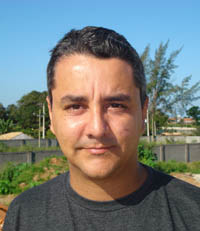
Heitor Monteiro Duarte, PhD
Plant Ecophysiology of Coastal Ecosystems and Development of Chlorophyll Fluorescence Imaging Technologies.
Contact: hduarte![]() nupem.ufrj.br
nupem.ufrj.br
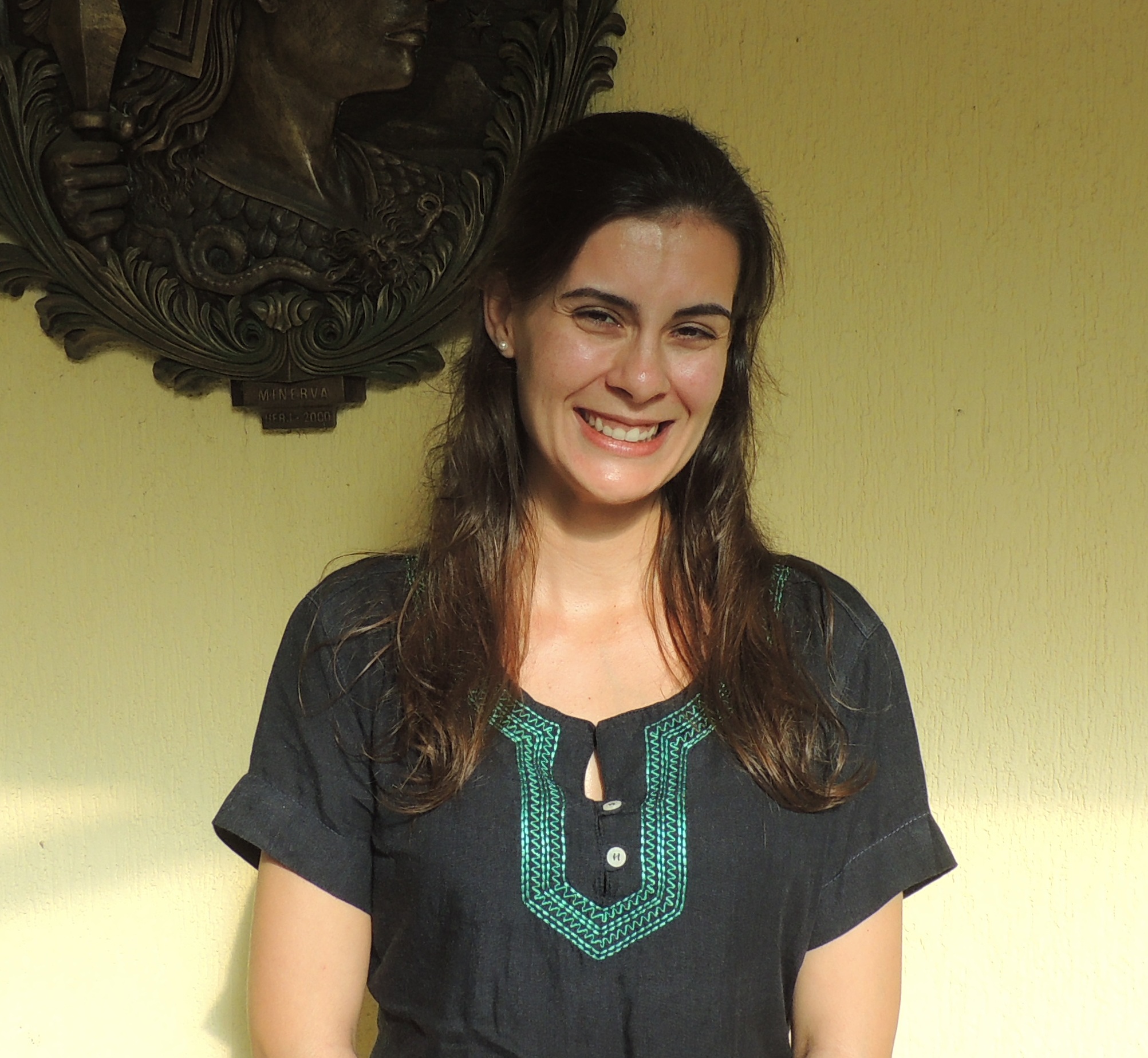
Isabela Lobo, PhD
Neurophysiology of Emotional Processes in Humans.
Contact: isabelalobo![]() macae.ufrj.br
macae.ufrj.br
Lattes
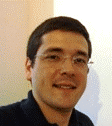
Jackson de Souza Menezes, PhD
Ionic channel expression along the nephron; Cellular therapy in animal models of kidney failure; The role of chloride channels in the function of pancreatic beta cells
Contact: jacksonmenezes![]() gmail.com
gmail.com
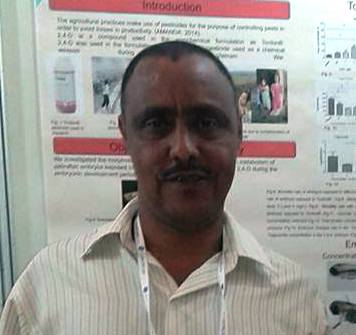
Jorge Luiz da Cunha Moraes, PhD
Energy metabolism, arthropod embryogenesis, characterization and analysis of 3D structures of recombinant proteins, plant ecophysiology.
Contact: jorgemoraes![]() bioqmed.ufrj.br
bioqmed.ufrj.br
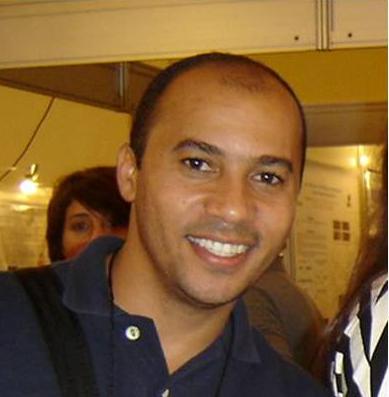
José Roberto da Silva, PhD
Insect Biochemistry and Physiology; Study of cellular proliferation and differentiation of Triboliumcastaneum and Rhodniusprolixus.
Contact: joseroberto![]() macae.ufrj.br
macae.ufrj.br
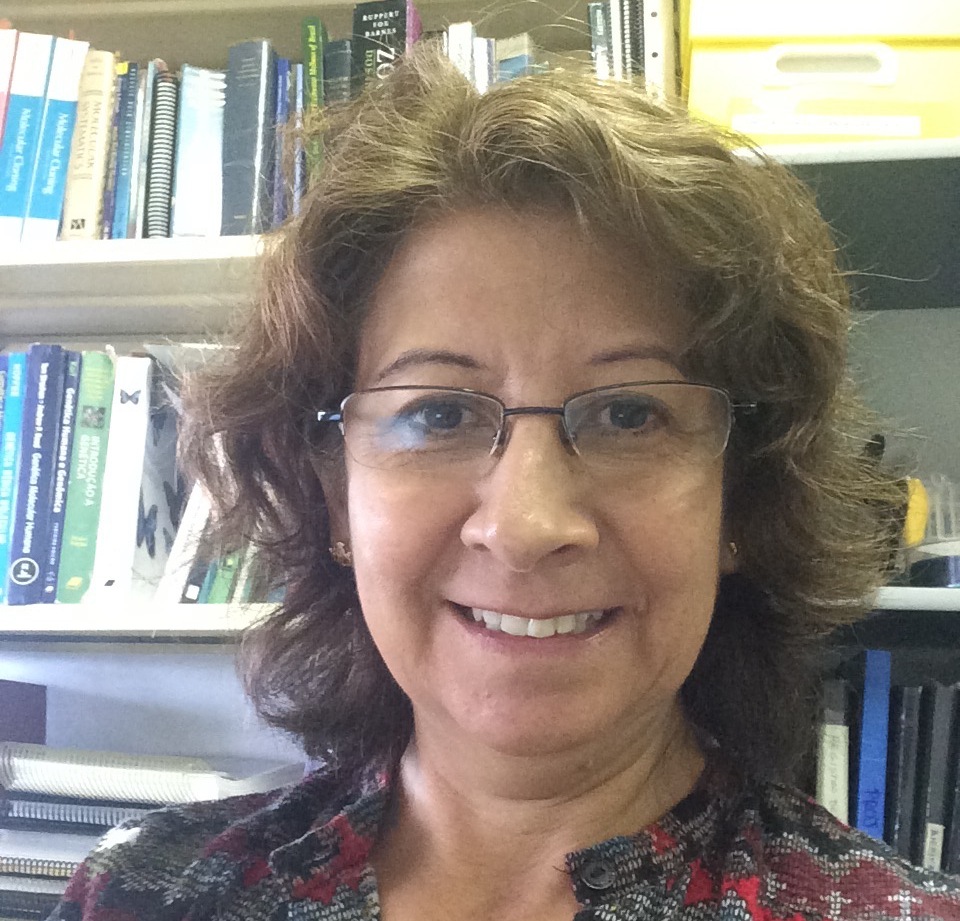
Laura Isabel Weber da Conceição, PhD
Genetics, Genetics of Populations, Phylogeny and Molecular Systematics.
Contact: lauraweber![]() macae.ufrj.br / liweberc
macae.ufrj.br / liweberc![]() gmail.com
gmail.com
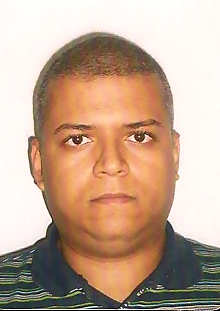
Leonardo Araujo de Abreu, PhD
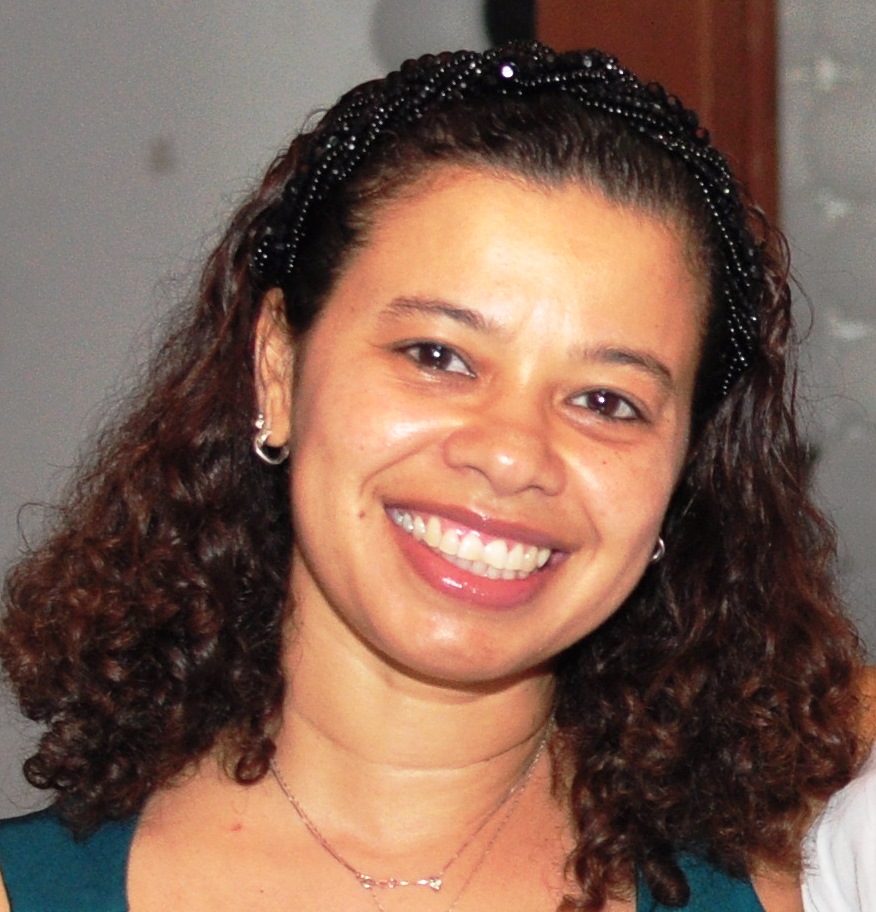
Lísia Mônica de Souza Gestinari, PhD
Systematics, Ecophysiology, Molecular Biology of Marine Macroalgae
Contact: lisiagestinari![]() macae.ufrj.br ou lisiagestinari
macae.ufrj.br ou lisiagestinari![]() ufrj.br
ufrj.br
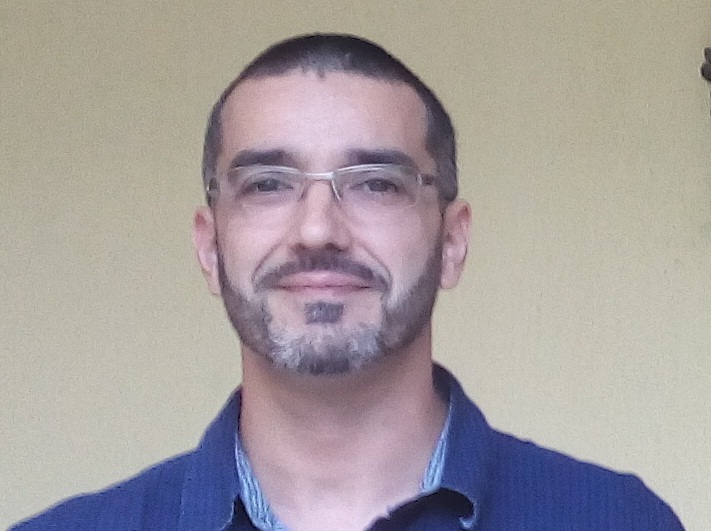
Luciano Gomes Fischer, PhD
Ecology, biology and taxonomy of coastal and deep ocean fish, fish reproduction, trophic ecology, and demersal cephalopods
Contact: luciano.fischer![]() gmail.com
gmail.com
Lattes
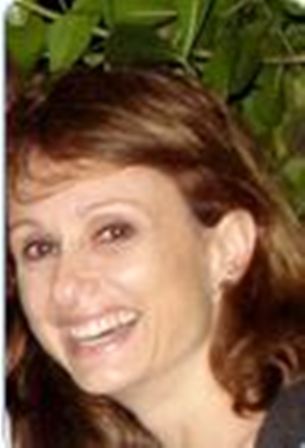
Magdalena Nascimento Rennó, PhD
Study of enzymatic inhibitors through molecular modelling; Antitumor and antiparasitic activity of bioactive compounds; (…)
Contact: mnrenno![]() macae.ufrj.br
macae.ufrj.br
Lattes

Malinda Dawn Henry, PhD
Monitoring and maintenance of diversity and ecological health through research, population management and habitat conservation.
Contact: malindahenry![]() gmail.com
gmail.com

Marco Antônio Lopes Cruz, PhD
Plant Microprogramming Systems. Cell cycle, isolation and analysis of proteins, gene characterization, tissue culture and plant cells.
Contact: marcocruz![]() macae.ufrj.br
macae.ufrj.br
Lattes

Marcos Paulo Figueiredo de Barros, PhD
Ecology, with emphasis on Coastal Lakes and Amazonian Lakes; Role of the Carbon Cycle Benthic Compartment.
Contact: mpaulo.bio![]() gmail.com
gmail.com
Lattes

Mário Sérgio Schultz, PhD
Inorganic chemistry; development of inorganic drugs, homogeneous catalysis, kinetics, structural determination of coordination compounds and organometallic compounds.
Contact: mss060![]() gmail.com
gmail.com
Lattes

Maurício Mussi Molisani, PhD
Cyclization of chemical species in aquatic ecosystems and environmental contamination; Evaluation of effects of actions in drainage basins in coastal environments; Hydrology;
Contact: molisanimm![]() yahoo.com.br
yahoo.com.br
Lattes
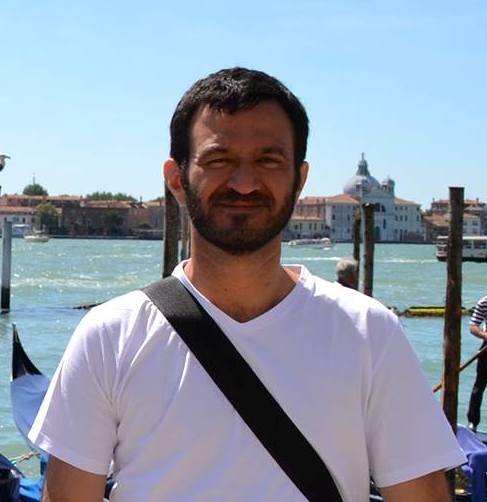
Michael Maia Mincarone, PhD
Ichthyology, with emphasis on systematics and conservation of deep ocean fish
Contact: mincarone![]() gmail.com
gmail.com
Lattes

Mirella Pupo Santos, PhD
Cellular / molecular biology and physiology of abiotic and biotic stress in plants.
Contact: mirellapupo![]() gmail.com
gmail.com
Lattes
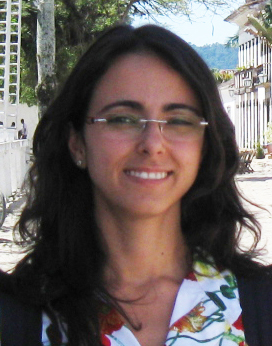
Natalia Martins Feitosa, PhD
Developmental biology and morphogenetic ecotoxicology
Contact: nataliafeitosa![]() macae.ufrj.br
macae.ufrj.br
Lattes
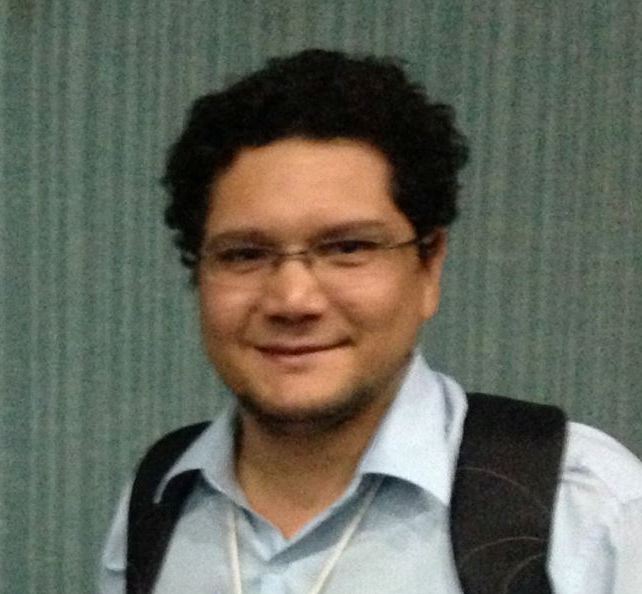
Pablo Rodrigues Gonçalves, PhD
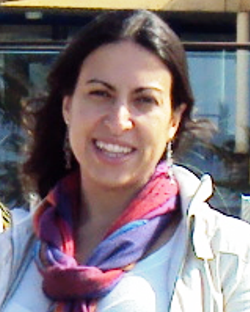
Paula Alvarez Abreu, PhD
Molecular modeling in the study of therapeutic targets and drug design. Antifungal and antibacterial assays of new synthetic derivatives.
Contact: abreu_pa![]() yahoo.com.br
yahoo.com.br
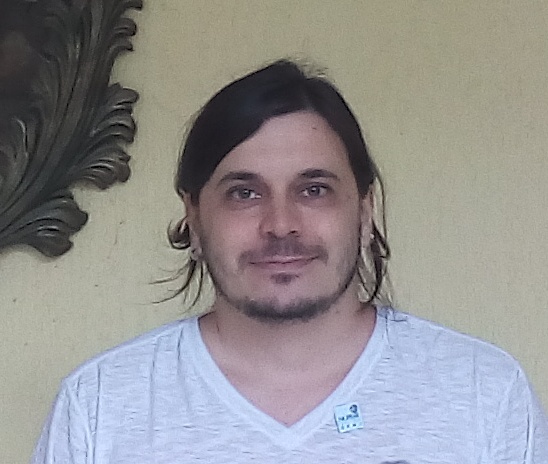
Pedro Hollanda Carvalho, PhD
Molecular systematics, phylogeography, population analysis, fisheries and forensic genetics, collections curation and fish taxonomy.
Contact: hollandacarvalho![]() gmail.com
gmail.com
Lattes
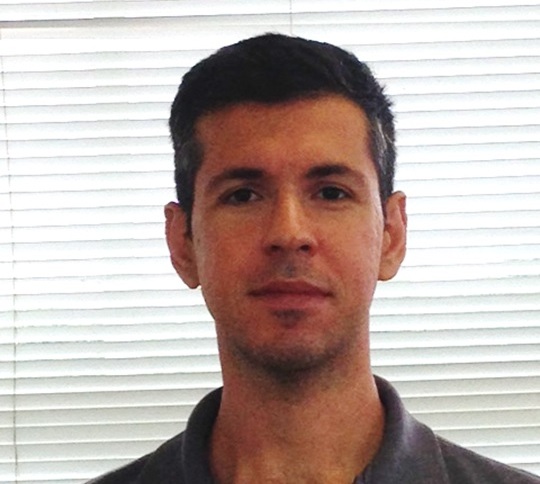
Petter Franco Entringer, PhD
Biochemistry and molecular biology of leishmaniasis and insect vectors, acting on the themes of lipid mediators of inflammation, lipid and lipoprotein metabolism.
Contact: pfentringer![]() gmail.com
gmail.com
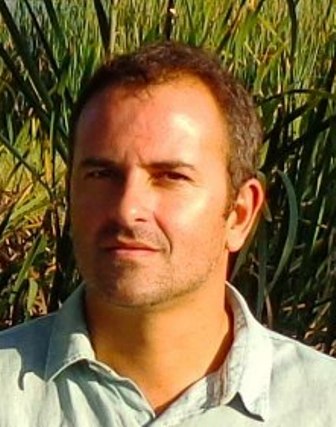
Rafael Nogueira Costa, PhD
Local implementation of national public policies on environment and environmental education
Contact: rcosta![]() macae.ufrj.br/rafaelnogueiracosta
macae.ufrj.br/rafaelnogueiracosta![]() gmail.com
gmail.com
Lattes
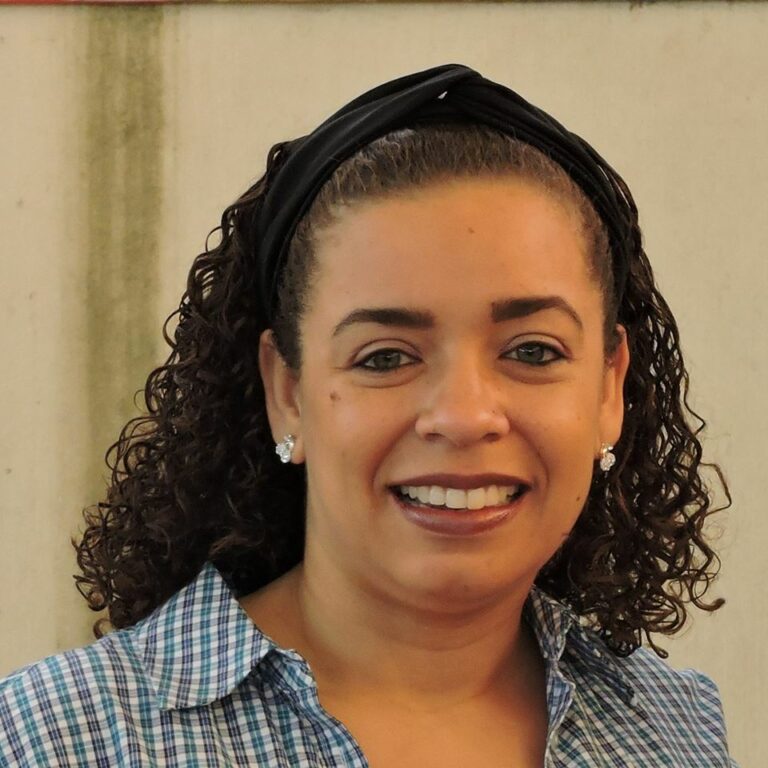
Raquel Gestinari, PhD
Analysis of Genetic Markers related to Human Diseases of Complex Inheritance (Human Genetics)
Contact: raquelgestinari![]() gmail.com
gmail.com
Lattes

Rodrigo Lemes Martins, PhD
Floral Biology, Evolutionary Ecology, Behavior and Conservation.
Contact: rodr.lemes![]() bol.com.br
bol.com.br
Lattes

Rodrigo Nunes da Fonseca, PhD
Evolutionary Developmental Biology (Evo-Devo), Comparative Embryology of Invertebrates.
Contact: rnfonseca![]() macae.ufrj.br
macae.ufrj.br
Lattes, Personal Page, Blog Evo-Devo

Tatiana Ungaretti Paleo Konno, PhD
Systematics, floristics, Angiosperms; Phanonomy Taxonomy.
Contact: tkonno![]() uol.com.br
uol.com.br
Lattes
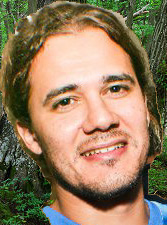
Teo Bueno de Abreu, PhD
Science Teaching, Discourse on the Environment, Science Education, Scientific Divulgation, Language Studies and Teacher Training;
Contact: teobuenorj![]() yahoo.com.br
yahoo.com.br
Lattes
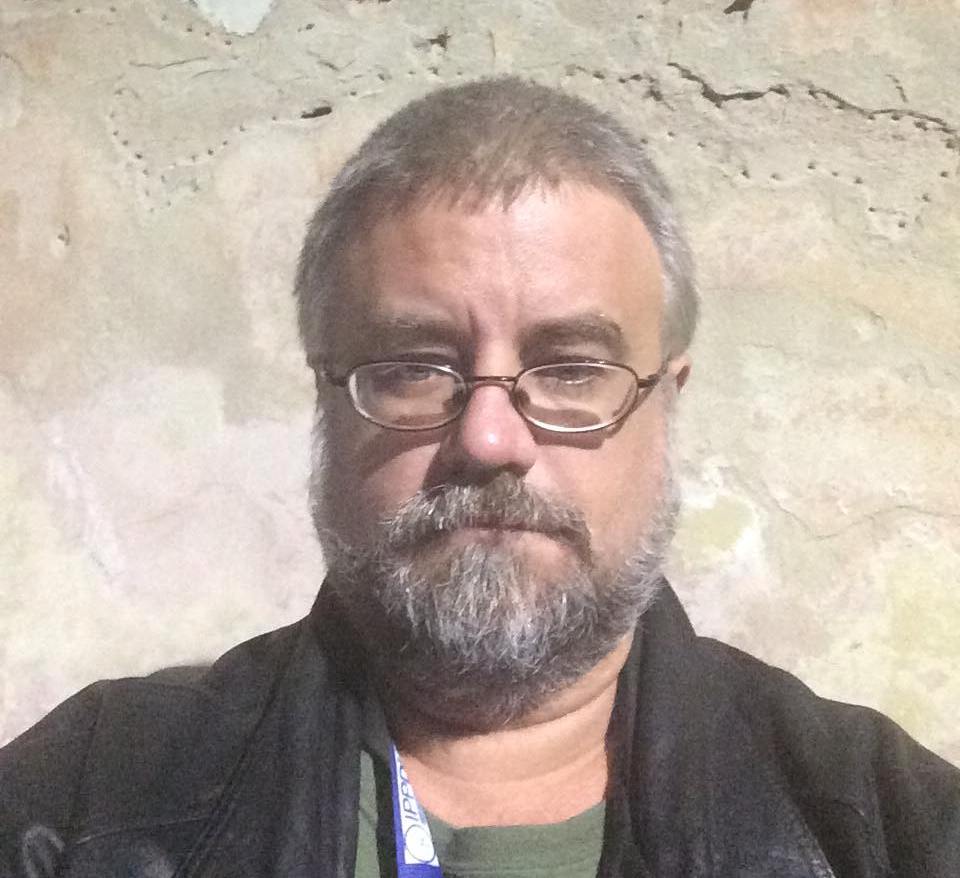
Thaddeus Gregory Blanchette, PhD
Anthropology, with emphasis on ethnicity, indigenism, development and gender relations.
Contact: macunaima30![]() yahoo.com.br
yahoo.com.br
Lattes
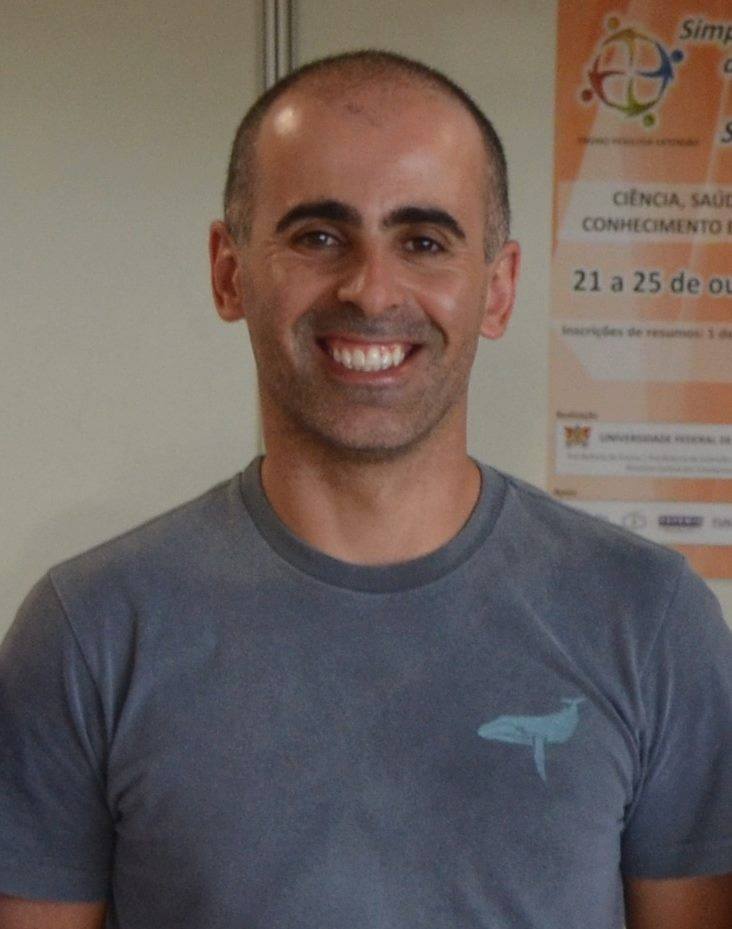
Vinícius Albano Araújo, PhD
Internal morphology of insects with emphasis on structural and ultrastructural characteristics of the reproductive and digestive systems of Hemiptera and Hymenoptera, with potential application in behavior and systematics.
Contact: vialbano![]() gmail.com
gmail.com
Lattes
CONTACT
Adress: Avenida São José do Barreto 764, Bairro São José do Barreto, Macaé – Rio de Janeiro – Brasil. CEP:27965-045.
Phone number: +55 (22) 2141-3982
E-mail: comunicacao@nupem.ufrj.br
Website: http://www.macae.ufrj.br/nupem/
Facebook: https://www.facebook.com/ufrjnupem/
LOCATION
NUPEM / UFRJ is located at 764, Avenida São José Barreto, in the district of São José do Barreto, in the city of Macaé – a municipality in the interior of the state of Rio de Janeiro, Brazil – 180 km northeast of the state capital. NUPEM / UFRJ is located near to the Amaral Peixoto highway, one street behind the Macaé Convention Center / Exhibition Park. Some bus lines stop directly in front of, or nearby, NUPEM / UFRJ.
Click here to see a map showing the location of NUPEM / UFRJ and its surroundings.
HOW TO ARRIVE
From Tom Jobim International Airport, Rio de Janeiro
From the airport, take a bus or a taxi to Rodoviária Novo Rio (Novo Rio Bus Station) . From there, take a bus to the city of Macaé. . A one-way bus ticket is approximately R$70 (in 2018). The trip takes around 3 hours by either of two routes
– via the BR101 highway or Via Lagos. The bus will arrive at the Macaé bus station (Rodoviária de Macaé).
From Macaé Bus Station
From the Macaé Bus Station (Rodoviária de Macaé) taxi is the fastest, but not the cheapest way to arrive at NUPEM / UFRJ. Public transportation (bus) is the most economically viable alternative. The Macaé Bus Station is located about 300 meters from the central terminal, from where buses depart to the most diverse locations in the city. One can walk from the Macaé bus station to the central terminal, and from there take the bus to NUPEM/UFRJ (See the route on foot). It is approximately 10 km from the central terminal to NUPEM/UFRJ via the Amaral Peixoto Highway, and about 15km via the Blue Line.
From Macaé Central Terminal to NUPEM / UFRJ
The easiest way to get to NUPEM / UFRJ from the central terminal is to take the A73 bus (Terminal Central x Engenho da Praia) and get off at the bus stop in front of NUPEM / UFRJ. The trip takes about 20 minutes.
LABORATORIES
1- Advanced Microscopy Integrated Unit
3- Integrated Biochemistry Laboratory
4- Molecular Modeling and Research in Pharmaceutical Sciences Laboratory
5- Herbarium
6- Art, Media and Education Laboratory
Education and Scientific Dissemination Laboratory – LABDIC
Photosynthesis Plant Culture Room
8- Analysis Center
9- Integrated Chemistry Laboratory
10- Plant Biotechnology Laboratory
11- Molecular Biology Laboratory
Integrated Morphology Laboratory
12- Integrated Aquatic Ecology Laboratory
Integrated Laboratory of Microbiology and Bioprocesses Mario Alberto Cardoso da Silva
13- Aquatic Organisms Animal Room
14- Integrated Morphofunctional Sciences Laboratory
Rodent Reproduction Animal Room
15- Experimentation with Rodents Laboratory
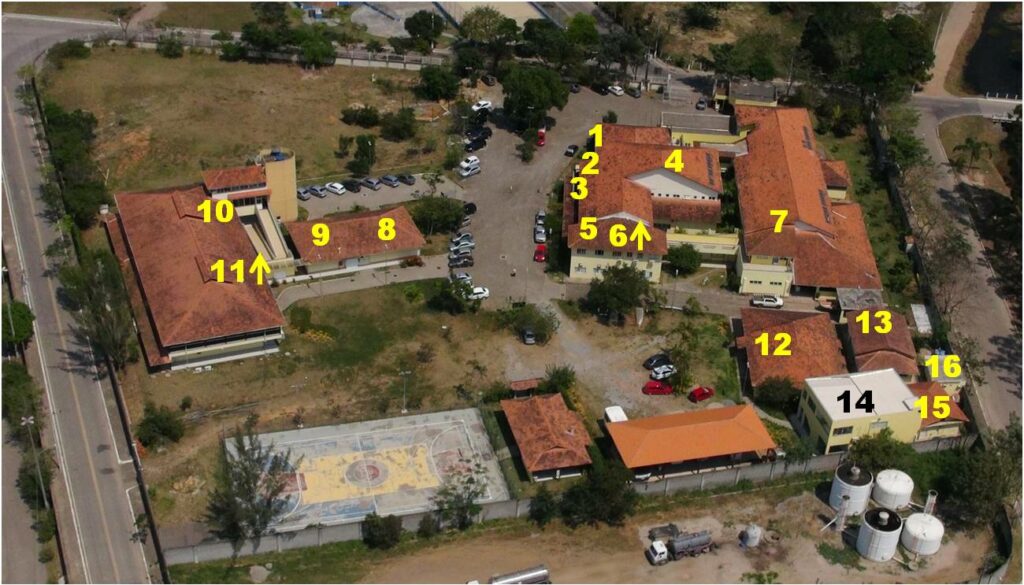
FAQ
Do I need a visa to participate in the selection process?
No. You may come to Brazil as a tourist, but be careful to not overstay the time allowed on your visa, or you’ll pay a fine and may not be allowed back into the country.
- Is it possible to stay at the university during the selection process?
Yes, the university has housing accommodations, but you will need to make a reservation at least one week in advance, sending an email to reservanupem@gmail.com .
- Do I need a Certificate of Proficiency in Portuguese for Foreigners?
No, but you need to speak, write, read and understand Portuguese well in order to develop your project and follow your professors, given that lessons start promptly. All teachers lecture in Portuguese – even the foreigners. 🙂
- Can I ask for reconsideration if I don’t pass the test?
Yes, you can, but if you do not pass the second time you will be out of the selection process. Also, please remember that the process is eliminatory.
- Does the university provide financial resources to the candidates for the selection process?
No, you have to pay your own costs.
- If approved, is a scholarship guaranteed?
No. Scholarships depend on funding institutions, special projects and placement during the selection process.
- What documents are required after acceptance into the university?
You will need to validate your degrees within the Brazilian educational system. For this, you should ask to receive information about validation requirements from the corresponding department at UFRJ or another federal university, if your particular degree does not exist at UFRJ. The cost for this process can vary widely between universities reaching R$ 1,600 or more. The validation process takes some time and requires you to present your degree and school transcripts (and sometimes even class syllabi) in Portuguese, translated by an “official” translator. Legal translations can cost up to R$ 200 per page. It is imperative that you find out what the appropriate department demands for validation, gather together your paperwork and talk to the appropriate validating office at the university where your degree will be validated as soon as possible. It took one of our professors over a year to validate his documents, but there have supposedly been improvements in the process since then. You also must have your diploma stamped by your local Brazilian consulate. It’s a good idea to have them stamp your transcript, while you’re at it, just in case.
- Besides validating your diploma, which other documents are important?
You can get a CPF (the Brazilian equivalent of a social security card) through your local Brazilian consulate. You will also need to open a bank account. If you get a scholarship, they will need one in order to deposit your funds.
* A CPF is required to rent an apartment, open a bank account, etc..
- Can I get the visa in Brazil or do I need to return to my country?
You can apply for a student visa (which allows you to study and work for 2 years) at the Federal Police in the city where you will study. This requires an original birth certificate and a background check or criminal records certificate from the police in your country of origin (typically, your home town police department). This procedure may be done over the internet but must be paid for at banks designated by the Ministry of Foreign Affairs.
You can request a student visa in your country by taking the requisite documents to the Brazilian Consulate. These include, among others, a statement saying you are actively registered in a Brazilian university or a statement which indicates the course’s acceptance period, usually stamped and signed by the course coordinator and notarized at a Notary Public.
* In Brazil it is very important to have an original identity document, on which should appear the full name of your parents. If your passport or identity card does not include parental information, you should bring your original birth certificate.
- How much do the most common procedures cost in Brazil?
*CPF: R$5,60
*Alien registration or registry renewal (code 140082): R$ 64,58
*Portfolio of foreign first registry (code 140120): R$ 124,23
* Legalization, authentication or notarization of each single-sided page of documents: R$ 5,60
* For MERCOSUL visa or to register a student visa.
YOUR FUTURE STARTS HERE.
NUPEM/UFRJ – Instituto de Biodiversidade e Sustentabilidade
